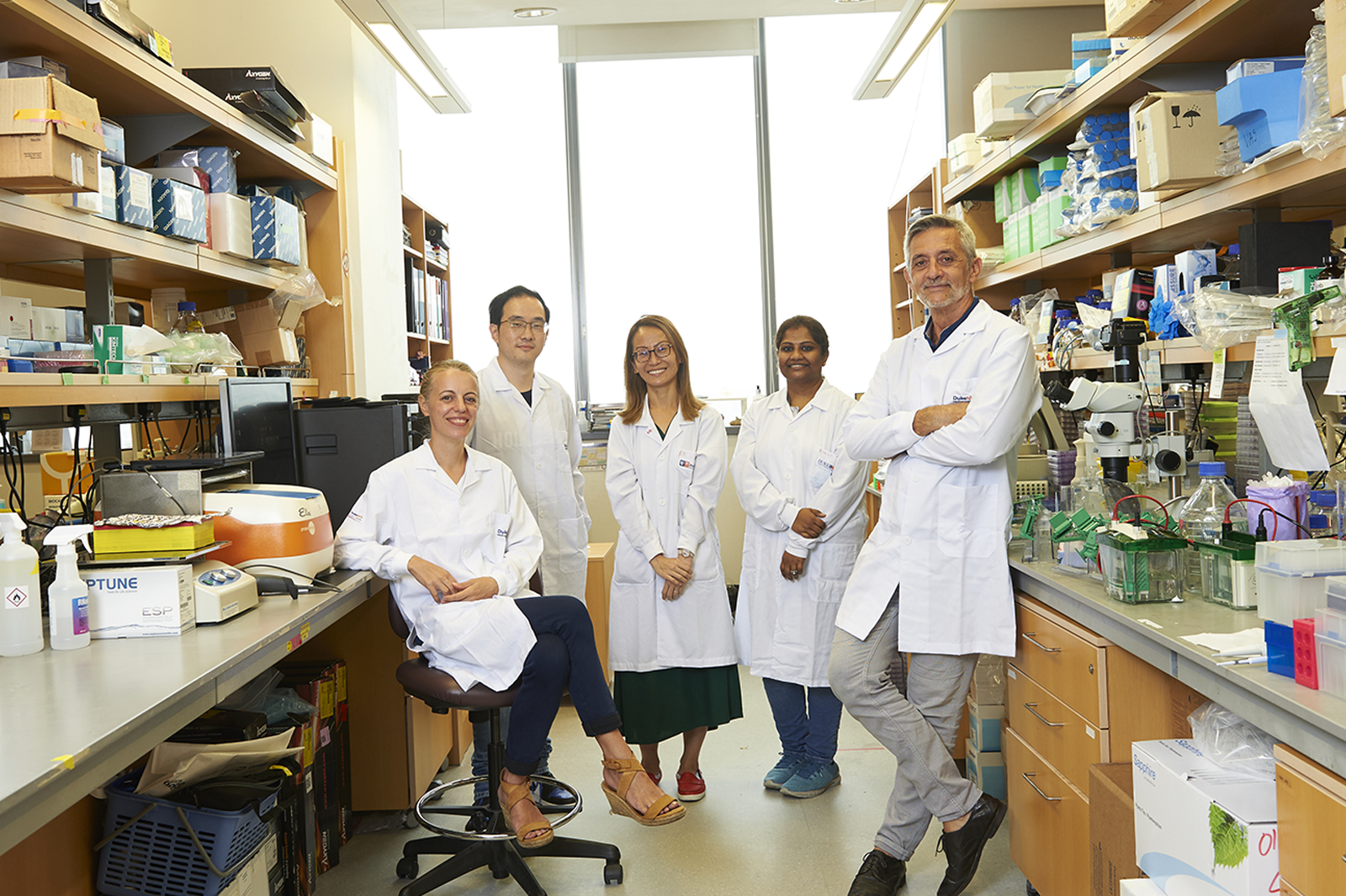In one of the first publications on this topic, a team of Singapore scientists, led by researchers from Professor Antonio Bertoletti’s lab at Duke-NUS, discovered that people who recovered from COVID-19 or had previously been infected with its precursor SARS-CoV-1, retained long-lasting memory T cells that could confer some level of cell-mediated immunity.
T cells, a key part of the immune system, are activated when an infected cell calls for help. They find the cell in trouble and destroy it before the threat within can spill out of control.
What’s more, the team found that even people who had never been infected by either virus generated SARS-CoV-2-specific T cells.
The findings, published in Nature, suggested that previous infections from SARS-type viruses could confer some level of long-lasting protection against SARS-CoV-2, potentially making people less susceptible to severe infection from this virus.
Studying 96 human donor samples, the researchers found SARS-CoV-2-specific T-cell activity in all the 59 patients who had recovered from SARS-CoV-2 and SARS-CoV-1; never mind that the SARS-CoV-1 infections took place some 17 years ago.

ANTONIO BERTOLETTI (RIGHT) AND FOUR MEMBERS OF HIS TEAM (L-R): NINA LE BERT, ANTHONY TAN, ADELINE CHIA AND KAMINI D/O KUNASEGARAN
Just over half — 19 out of 37 — of the individuals who had never been infected with a SARS-type virus exhibited T-cell activity against SARS-CoV-2.
The findings from this study, which involved almost every member of Bertoletti’s lab as they raced to process and analyse the samples during Singapore’s tightest COVID-19 restrictions, and his long-term collaborator Associate Professor Tan Yee-Joo from the National University of Singapore and their clinical partners, resonated with findings from a study completed in 2016 by Bertoletti and Tan that detected T cells nine and eleven years after the 2003 SARS outbreak in individuals who had recovered from the infection.
“This latest finding, in particular, has attracted a huge amount of interest from the scientific community because it shows that coronaviruses can induce long-lasting immunity that might have a protective effect. This is an area of huge controversy and with great impact on the management of the COVID-19 pandemic,” said Bertoletti in an interview with Duke-NUS’ MEDICUS magazine.
And indeed, it would. The paper would become one of the most highly cited papers.
Then Director of the National Institutes for Health Dr Francis Collins would write on his blog: “[W]hat’s clear from this study is our past experiences with coronavirus infections may have something important to tell us about COVID-19. Bertoletti’s team and others are pursuing this intriguing lead to see where it will lead — not only in explaining our varied responses to the virus, but also in designing new treatments and optimised vaccines.”